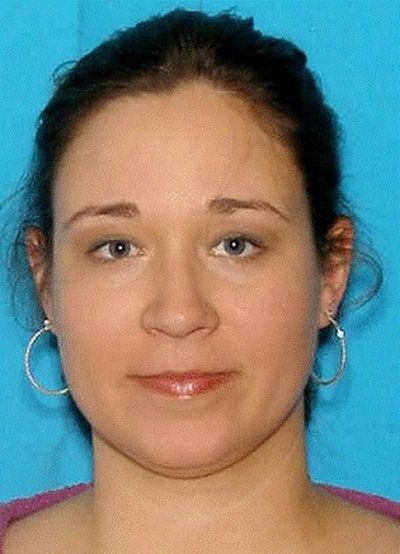Domestic violence doesn’t always leave paper trail

A no-contact order filed two months after Becky and Uriah Brosnan were married in 1997 showed early signs of domestic abuse.
After that, there were no police reports or repeated emergency calls to the couple’s home indicating trouble – until Becky Uriah was beaten to death and her husband charged with murder.
That pattern isn’t unusual, authorities say.
“In most cases where there were domestic violence homicides, there had been almost no contact with police,” Spokane police Detective Jan Pogachar said.
Instead, victims often go to shelters or seek help from family members.
Becky Brosnan, 32, died Jan. 28 after she met with her estranged husband at his workplace parking lot to discuss child custody arrangements.
Police said Uriah Brosnan, 33, told them he killed her in his office by beating her repeatedly in the head with a metal rod. He dumped her body in a debris pile nearby, he told them.
Over the next 13 days, he impersonated his wife online and via text messages to make her family think she was still alive.
Becky Brosnan’s body was found Tuesday. Uriah Brosnan is charged with first-degree murder.
Eleven years ago, in her statement seeking to bar her husband from contacting her, Becky Brosnan offered what authorities say are signs of an abusive relationship.
“He destroyed some of my things in the house. He has choked me. He has verbally abused me. He isolated me from my friends and family,” she wrote. Her husband killed a cat “when he was upset with him for getting into something,” she wrote.
Controlling behavior is the most common indicator of domestic abuse, experts say.
Spokane police Sgt. Jim Faddis, who oversees the sex crimes and domestic violence unit, said many abusers frequently ask their partners questions: Where did you go today? Who did you see? Did you spend that money I gave you?
Others repeatedly call their estranged wives or girlfriends – “not because he loves her,” Pogachar said. “It’s a sign of stalking behavior.”
Becky Brosnan filed the no-contact order in Spokane County Superior Court without police involvement, and she rescinded it a couple of days later.
But when a police officer responds to a domestic violence call, a no-contact order is automatic and controlled by the courts, not the victim.
“One of the more dangerous times for a woman is when she serves a protection order or asks for a divorce,” Pogachar said. “That means she’s pulling herself up by the bootstraps.”
“Violence escalates at the time of leaving a relationship,” said Patty Wheeler, the YWCA’s director of its Alternatives to Domestic Violence Program.
In this case, Uriah Brosnan filed for divorce last year. The two were fighting over custody of their children, a 10-year-old son and 5-year-old daughter.
Spokane County law enforcement agencies receive about 15,000 domestic violence calls a year.
About 7,000 women and children trying to escape abuse receive help from the YWCA, which offers shelter, advocates and legal and financial services. Typically, a victim stays sheltered for 60 days to get on her feet, Wheeler said. The program’s crisis hot line receives about 500 calls a month.
Wheeler said she could not disclose whether Becky Brosnan had sought help through the program.